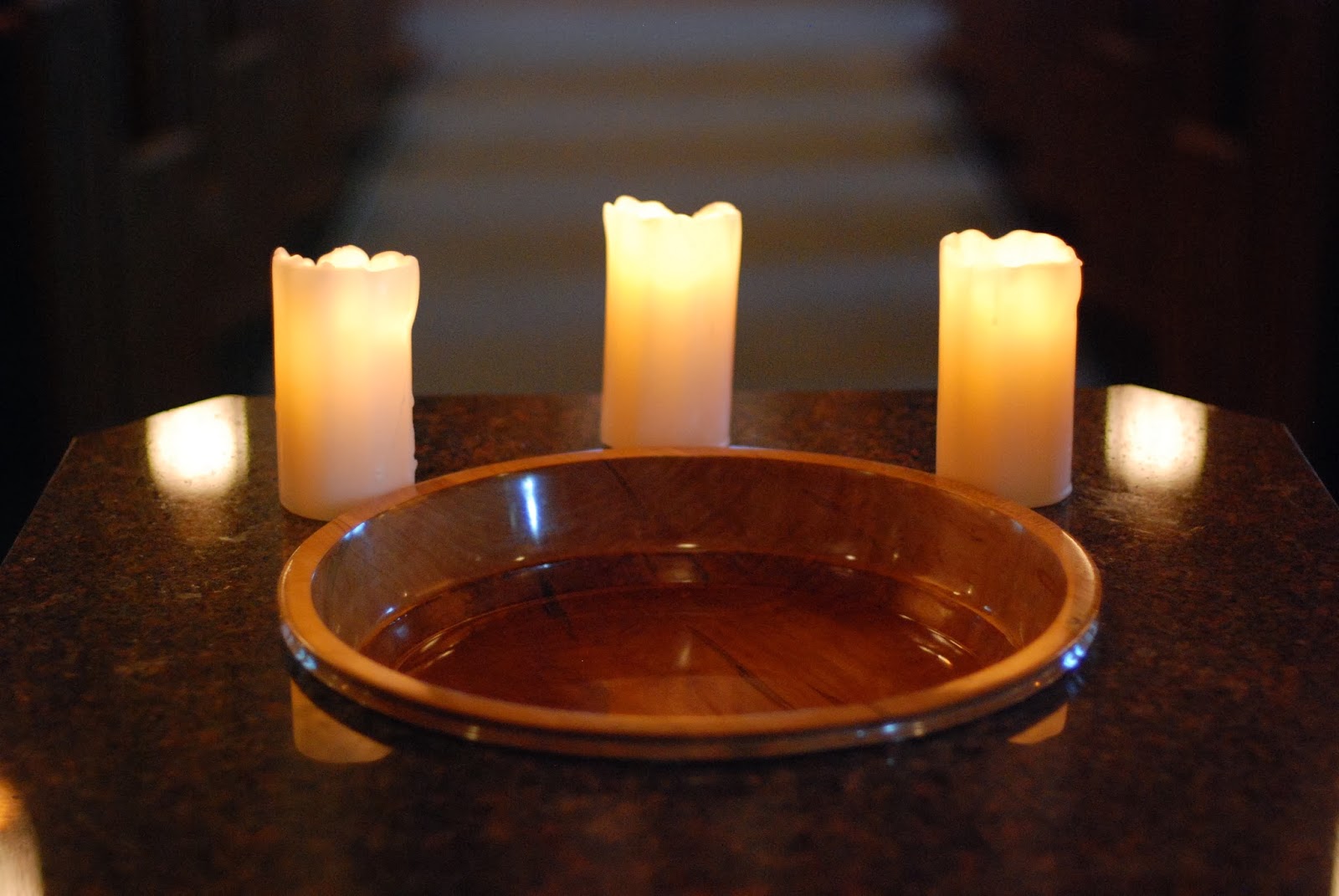“The name of a man is a numbing blow from which he never recovers,” wrote the Canadian media theorist Marshall McLuhan. He was pointing out in his inimitable way how the course of our lives unfold from an act over which we have no say. At least this was the case. Today school boards, government and media in North America strongly promote a child’s “right to self-identify” their gender and alter their names and even bodies accordingly. That parents, physicians, and educators must respect this right is being insisted upon by courts in some jurisdictions and, as Prof Iain Provan has shown in Convivium, is increasingly supported by parents themselves.
So the old markers that used to shape our personhood like our birth names, pronouns, and body parts are no longer considered reliable. Indeed, sometimes these markers must be repudiated outright, like when a trans or queer person’s birth name and gender are “deadnamed” from public use.
Login to read more
Sign in or create a free account to access Subscriber-only content.
Topics:
